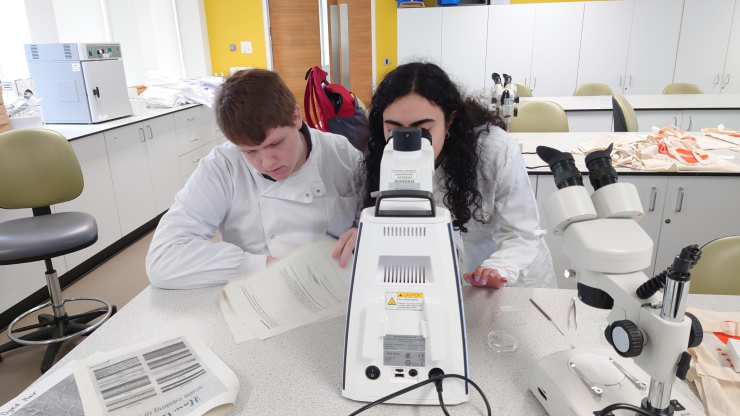Professor Bhavik Patel has won the Royal Society of Chemistry’s Analytical Science mid-career Prize in recognition of brilliance in research and innovation.
Based at the University of Brighton’s School of Applied Sciences, the Professor of Clinical and Bioanalytical Chemistry has been named winner of the prize for the development of innovative electrochemical sensors for advancing the understanding of biological signalling processes. This year’s winners join a prestigious list of past winners in the RSC’s prize portfolio, 60 of whom have gone on to win Nobel Prizes for their work, including 2022 Nobel laureate Carolyn Bertozzi and 2019 Nobel laureate John B Goodenough.
After receiving the prize, Professor Patel said: “This prize is real recognition for me and my group on our research approach to create sensors which are fit-for-purpose and provide impactful knowledge about biological systems.”
Continue reading “University of Brighton scientist wins prestigious Royal Society of Chemistry Prize”
























